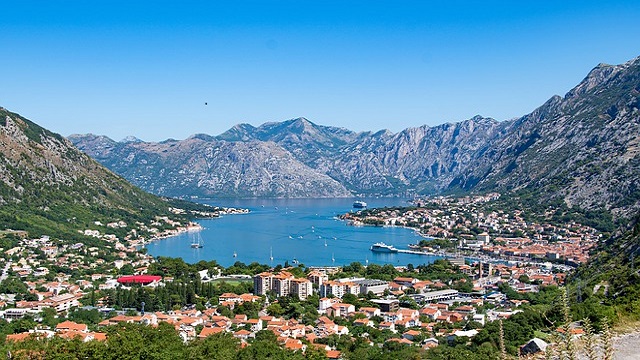
Montenegro has been branded for its mysterious beauty since its Roman times when many emperors built palaces across its shores. It has been far known as Europe’s best-kept secret as it is an ideal place for resting and restoring oneself, with beautiful beaches, a calm ambiance a business-friendly environment and stable economy. It has been long known as one of the ecological wonders of Europe.
The Black Mountains, whose name comes from the 14th Century as it has bathed by firs that held its tops in capes of darkness. Now, the darkness has been blown away, exposing white trails of snow and limestone as if it signified the past and future of Montenegro.
Montenegro has seen enough blood during its history. Slavs against Turks; Turks against Venetians; and Slavs against Slavs. But no more.
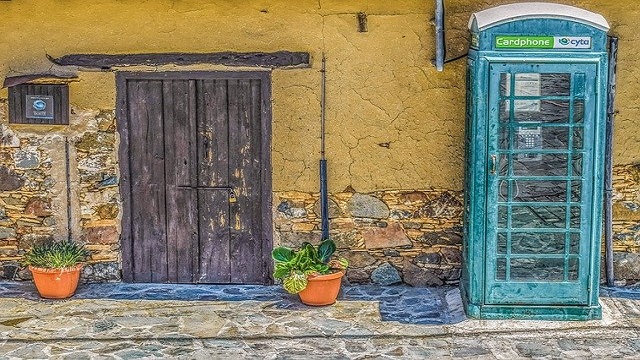
Montenegro’s economy is mostly service-based, with tourism being one of its most significant contributors. With its hilly landscape and lack of raw materials, the country doesn’t have many industrial developments. However, this hasn’t been all negative, as it turned the country into an ecotourism hot spot.
After its independence, the country quickly saw a ton of Russian and British FDI in the tourism and real estate sectors, which also brought a significant expat community to the country. That influx of investment has continued to rise as the government continues its pro-business and privatization turn.
.png)
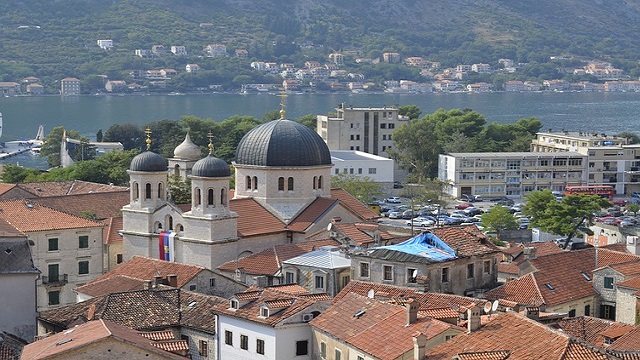
Energetic economic growth
The country has created a reputation for itself as a pro-business hub that has attracted serious, reputable investors. Before the European debt crisis of 2010, Montenegro had an incredible 9 % growth rate per year and still sustains yearly levels around 5 %, which are almost unbelievable for European standards. The country has attracted increasing levels of FDI for five years in a row and is the European country with more FDI per capita, mainly thanks to a growth in energy investment.
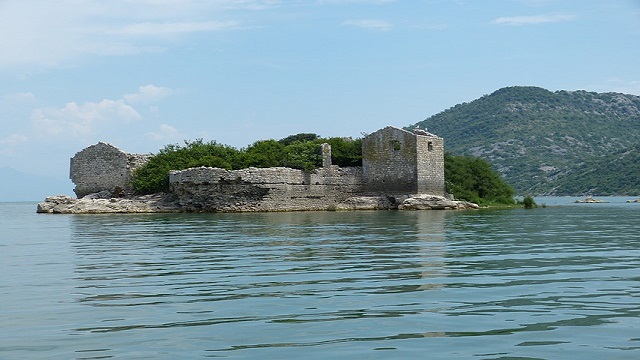
Montenegro is a beautiful place to live in. It has gorgeous coasts, where most seasonal foreigners go, and Podgorica, its capital, has all the comforts of any other developed city, but on a smaller scale. Montenegro is known as one of the most affordable countries in Europe. That is especially true when considering the excellent quality of life the country offers. Renting a two-bedroom apartment in a good zone of Podgorica costs around €600 per month. Not in your wildest dreams, you can find those prices in Madrid, London, or Prague.
Services (electricity, water, gas, etc.) are also cheaper than in most places in Europe. Depending on the season and what you have in your home, they may go from €50 to €100. Monthly bus passes cost around €20 per month. Also, the nightlife in Budva and Kotor, the most touristic zones, is not expensive.
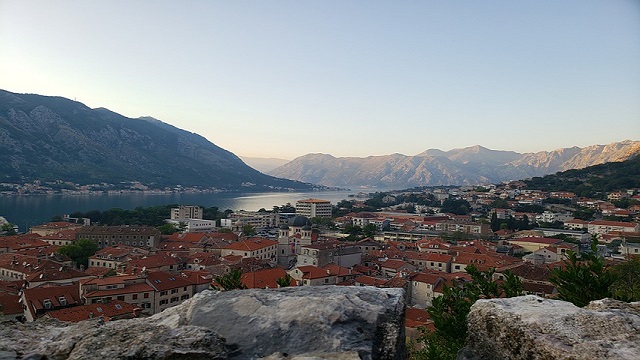
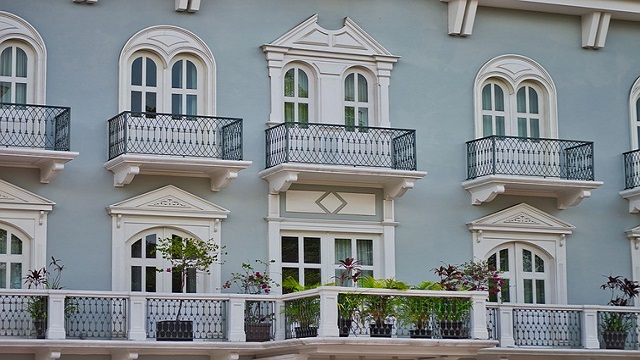
Montenegro has a modern legal system with robust business laws. The business regulations have evolved to represent the dynamic business environment of the country.
Opening and operating a business in Montenegro is cheap and straightforward. Registration fees are low, and minimum capital requirements are almost non-existent. That’s why it’s the 50th easiest country to do business in the world.
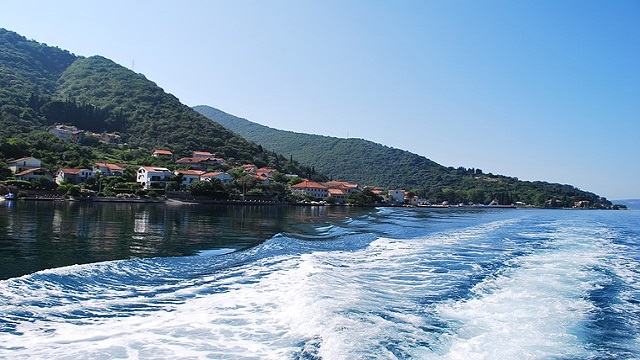
Montenegro has a modern and mature banking system with almost 20 banks. Here we will walk you through the main particularities of the banking sector in Montenegro. First, you must know that it is incredibly easy to open a bank account in Montenegro. All you need is a valid passport.
You may say that that’s not uncommon around the world. But when comparing it with the Balkan region, Montenegro is a beauty. For example, in Serbia, you need more than ten documents to open a bank account. Similarly, management fees are incredibly low. They usually are less than €1 per month. That’s also way beneficial than most European countries where doors are closed to non-residents, procedures are long and hard, and monthly and yearly fees are impressively high.
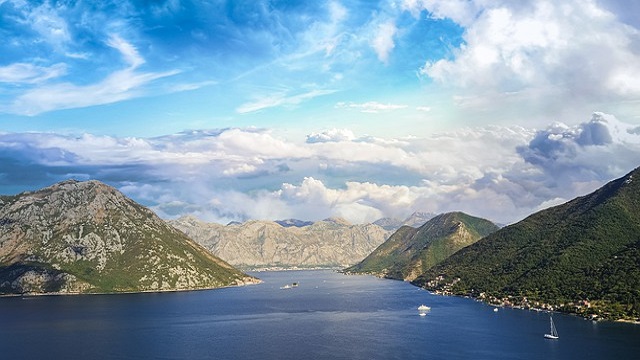
The Montenegro tax system is among the best of the best for investors. In the previous sections, we’ve briefly mentioned some of its particularities, but now we’ll explain them more in-depth. The primary taxes in Montenegro are:
- Income tax: 9-11 %
- Corporate tax: 9 %
- VAT: 21 %, and 7 %, and 0 % for tourism and some basic products
- Withholding tax: 9 % on dividends, capital gains, rental income, royalties, and such
- Social security contributions: 33.8 %
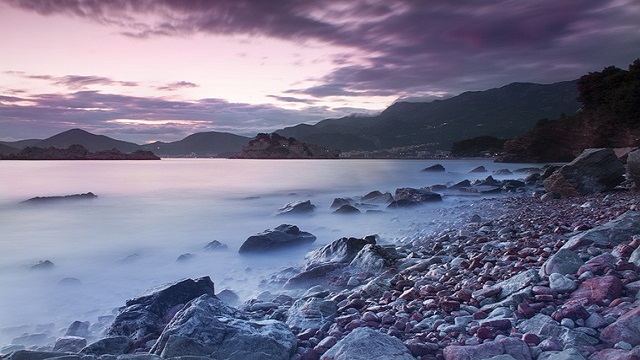
Montenegro is an anomaly in the European real estate market. The investment returns for those who invest in Montenegrin real estate are among the highest in the entire continent. The trend is rising thanks to the tourism boom that this Balkan country has been experiencing for the last few years. In addition to the growing tourism market, another driver of the real estate boom in Montenegro is its citizenship by investment program, which requires that the applicant invests in a tourism real estate project.
There is something for every taste among the Montenegrin real estate offers. You can invest in luxury villas on the coast, invest in modern properties in the capital, or choose to buy a property in the resorts of the northern part of the country.
$170,000
$2,500,000
$350,000
$1,400,000
$395,000
From all the structures dedicated to protecting one's assets, the trust has been consistently the fa...
Choosing Panama as a retirement place is convenient for many reasons. On many occasions, we have des...
In the 21st century, the concepts of Nevis trust, asset protection, and wealth planning are almost s...
Very few programs are as friendly to retirees as the one we're featuring in this article. With an ea...
Everyone who sees property purchase as an investment strategy should consider pre-construction Panam...



.png.small.WebP)


.webp.small.WebP)


.png.small.WebP)
